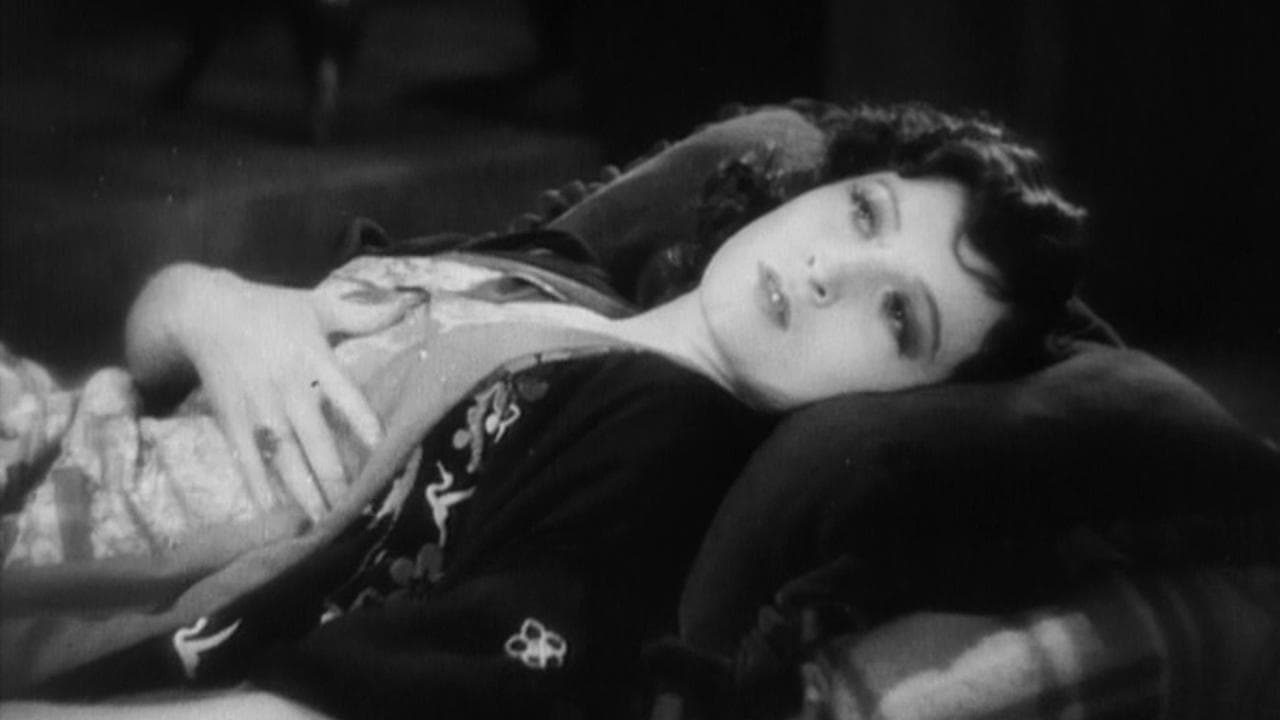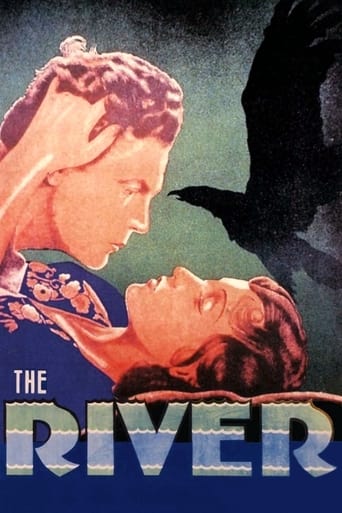

In addition to "7th Heaven" (1927), Frank Borzage also directed Charles Farrell in the 1929 part-talkie, "The River". Alas, none of the talking sequences survive. The opening and end reels are also missing, so what we have today is an erotic love story between Farrell and the super-sensuous Mary Duncan (star of "City Girl") in which the noirish elements always threaten to take center stage. The characters – naïve, weird, self-indulgent, traitorous – are all assembled, the background in all its super-extensive man-made squalor and stark, natural beauty is expertly drawn; but the original idyllic introduction and the power of the climax can now only be assumed. (The surviving footage is available on a 6/10 Fox DVD as a bonus with "7th Heaven". It's a nice bonus, but it also makes us sad that the rest of the movie is gone forever).
... View MoreThe other reviewers have pretty well covered this film, but I would like to add that the Cinémethèque Suisse, along with some other film preservationists, has created a version that reconstructs the plot using the script deposited at UCLA, and still images. Thanks to their hard work, it is now easy to understand the story (though the music they added left something to be desired--"Flight of the Bumblebees" is not appropriate for a seduction scene).If you've always wanted to see Charles Farrell without his shirt on (and who hasn't?), this is the movie for you. I agree with the other reviewers that the film contains a strong erotic charge. The stunning camera-work and lighting, the world-weary, Dietrichesque beauty of Mary Duncan (intriguingly out of place in the hardscrabble setting), and the always-gorgeous Farrell combine to fashion a moody, seductive world. But most of my fellow audience members were unable to give themselves over to the melodrama, and could only laugh at the plot and complain afterward, which was very annoying to us romantics in the audience.In addition to Charles and Mary, the remaining footage contains pieces of Ivan Linow's sympathetic portrayal of "a deaf-mute giant". You will also see a trained pet crow with a lot of personality, and a dead bear whose presence is unwittingly tragic.
... View MoreOne cannot be satisfied with this film in its current form; reduced to 45 minutes, deprived of the beginning of the plot and of its end, it will always be frustrating until a print resurfaces which might take us through the missing footage. And yet... miraculously, the scenes preserved are (probably, one has to be cautious) the highlights of the films, the moments which Frank Borzage has taken special care to shoot, and probably those which really interested him: the conscious, blatant seduction of Allen John by Rosalee, her resorting to her own sex appeal to convince him to sleep with her(Put your hand on my heart, Allen John); the meeting between a brooding Rosalee and a naked, swimming Allen John, foreshadowing the much-commented-upon climax of the present version: Rosalee saves Allen John from freezing to death by offering him her warmth: she covers his naked body with her(silk-gowned) shapes, and revives him instantly. Funnily, this sequence has always been the basis for fantasy on the part of French historians after George Sadoul, who saw it in 1929, reported that Mary Duncan was naked. Contrary to other classics from Borzage's late 20s Fox period, this does not feature Janet Gaynor, but the duet Farrell/Duncan: hence a more frankly sensual relationship, which the short version emphasizes by actually eliminating all the other aspects of the plot. Borzage uses Duncan very effectively, by stressing the contrast between her experienced personality and the more childish, naive enthusiasm of Charles Farrell's Allen John. The moment when Rosalee welcomes him home in a winter night, only to find him taking a board game and proposing "entertainment", and the ensuing gesture of Rosalee, sweeping of the board with her hand clearly expecting Allen John to invite her to more entertaining situations, could have been plain ridiculous; but the frank gaze of the actress, the way she lets herself go on the bed, and the sudden realization by Farrell of the situation he is in(He trembles, mouth open , eyes fixed on the woman in front of him; What can he do? What is she doing? Farrell is brilliant here.), all make for a very memorable scene. As usual with Frank Borzage, once they have been together for a few days, a man and a woman actually discover how attracted to each other they've grown. The sensual, or sexual tension is part of Borzage's treatment of a love affair, one that goes beyond reason. But here, contrary to Seventh Heaven or A Man's Castle, the woman leads, with authority. Duncan was the antithesis of Gaynor in that matter. So, until we discover more from this film, with or without sound(It was issued as a part-talkie. None of the sound scenes survive.), this almost entirely satisfactory sketch of seduction by the man who gave us Seventh Heaven, Lucky Star or The Mortal storm is worth unlimited, repeated viewing.
... View MoreThis late silent masterpiece by the romantic director extraordinaire Frank Borzage is regrettably incomplete and lost. All that remains are about 55 minutes of restored footage. Nonetheless, it contains some of most sublime and ineffable images in the history of cinema. The final sequence where Mary Duncan revives Charles Farrel from death is among the pinnacles of silent cinema. It is surreal and perfect. "The River" deserves to be known and appreciated, if only for this incredible sequence. You have to see it to believe it.
... View More